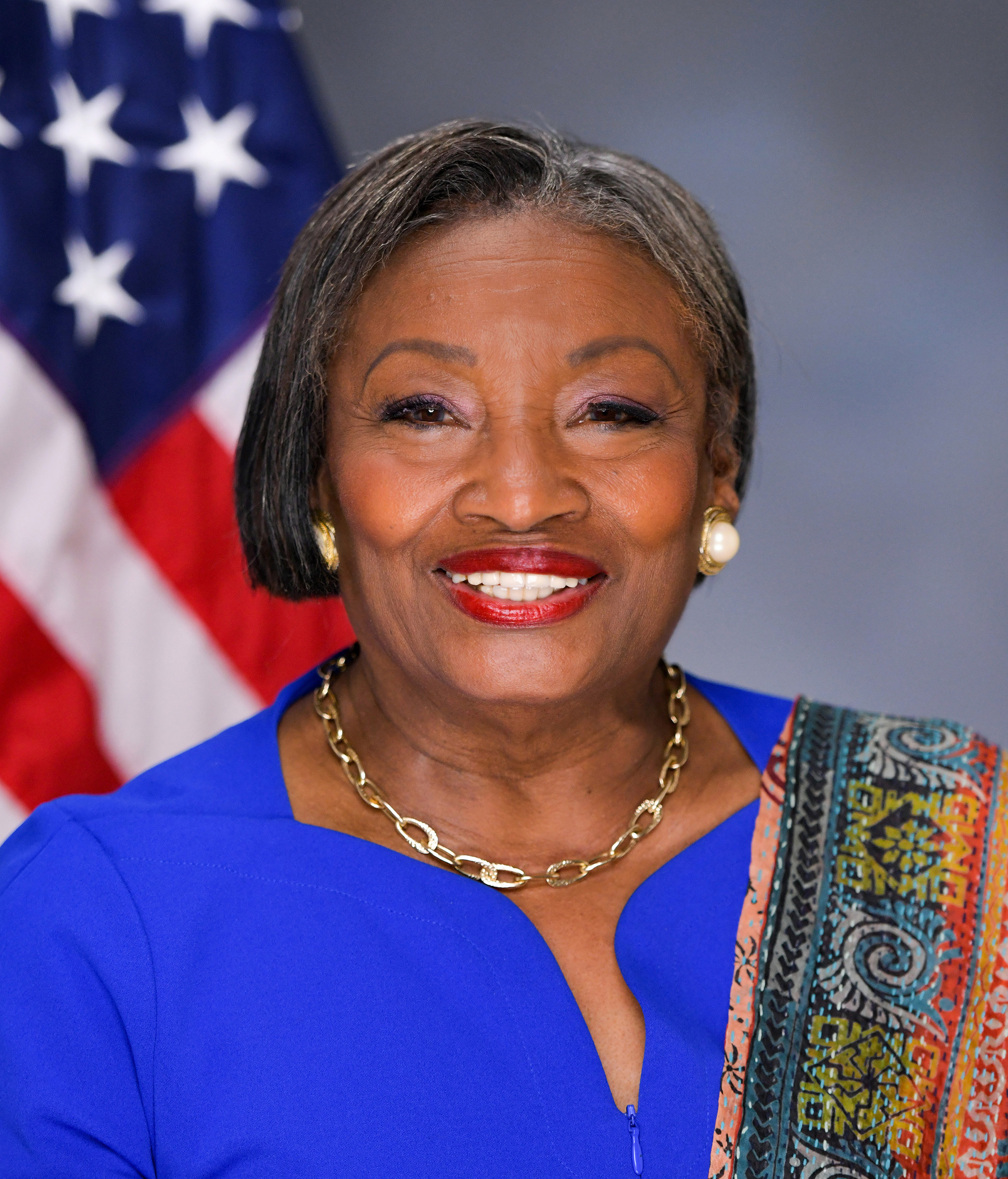Senate Extends Eviction and Foreclosure Moratorium
Senate
September 1, 2021

The New York State Senate voted to extend the residential eviction moratorium in light of recent United States Supreme Court decisions that would allow evictions to resume despite continuing COVID19-related hardships faced by renters and homeowners. These hardships have been compounded by delays in the administration of the COVID-19 Emergency Rental Assistance Program (CERAP) and the increased transmission of coronavirus variants as efforts to immunize New Yorkers continue. The expanded protections include the Tenant Safe Harbor Act, the residential foreclosure moratorium, the eviction and foreclosure moratorium for small businesses, and expanded CERAP. State and local governments can also continue virtual proceedings.
“In light of the Supreme Court’s ruling to strike down the federal eviction moratorium, the Senate Majority is taking action to adjust and extend the state's eviction moratorium to ensure that thousands of New Yorkers are protected from losing their homes and at the same time helping small landlords," Senate Majority Leader Andrea Stewart-Cousins said. "The Senate Democratic Majority will continue to fight to keep people in their homes and ensure that every individual who qualifies for these protections receives them. New York State's government must work effectively to address the needs of New Yorkers. I thank Governor Hochul and Speaker Heastie for their partnership and decisive leadership in addressing this critical issue, and I look forward to our continued collaboration on the issues New Yorkers most care about.”
Senator Brian Kavanagh, the Bill Sponsor and Chair of the Committee on Housing, Construction and Community Development, said, “From the very beginning of the pandemic, we have been committed to ensuring that all New Yorkers -- including renters and homeowners -- are protected from losing their homes because of the hardships wrought by COVID-19. We’ve also worked hard to ensure that the financial burden on tenants and landlords is lifted, through generously funded, effective relief programs, and to protect small businesses. Today, as COVID-19 continues to be a threat to the health and wellbeing of New Yorkers throughout the state, we are taking decisive, comprehensive steps to extend and strengthen the pillars of our legislative strategy to keep all New Yorkers safe.”
- Extend the residential and commercial eviction and foreclosure moratoria to January 15, 2022.
- Allow residents of localities that opted out of the statewide program to apply for financial assistance through the State program if their locality has exhausted all of its funds.
- Expand the eviction protections in the COVID-19 Emergency Rental Assistance Program (CERAP) to residents of localities that have applied for assistance through a program administered by a locality that opted out of the statewide program.
- Add a nuisance standard to CERAP’s eviction protections to provide landlords with a basis to start an eviction proceeding against a covered tenant if a tenant is a nuisance or has inflicted substantial damage to property.
- Create a due process mechanism for landlords to challenge the Hardship Declaration submitted by residential and commercial tenants and for banks and mortgage holders to challenge the Declaration submitted by property owners to avoid foreclosure, and direct judges to require residential tenants to apply for CERAP if their hardship claim is valid.
- Authorize the Office of Court Administration (OCA) to access limited CERAP application information in order to allow the court to determine whether to stay an eviction proceeding.
- Extend the period covered by the Tenant Safe Harbor Act to January 15, 2022.
- Increase the appropriation for CERAP from $2.35 billion to $2.6 billion and amend the appropriation to allow these funds to be allocated to residents of localities that opted out of the Statewide program.
- Increase the Hardship Fund from $100 million to $250 million and provide for the fund to be used for tenants whose incomes are between 80% -120% AMI, landlords whose tenants vacated their property with rent unpaid, and landlords whose tenants are unresponsive or uncooperative.
- Provide a new $25 million appropriation to fund legal services for tenants facing evictions.
related legislation
Share this Article or Press Release
Senators Involved
35th Senate District
27th Senate District

